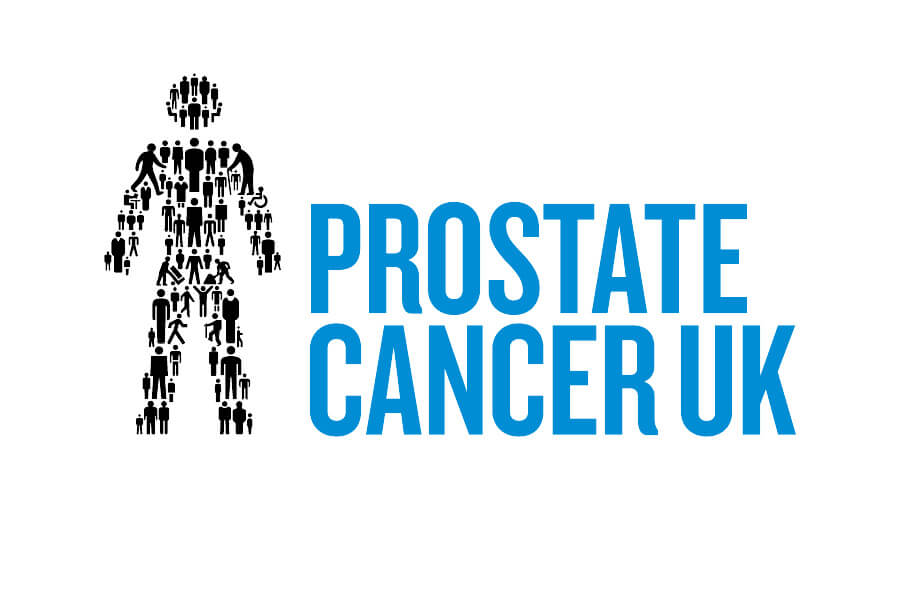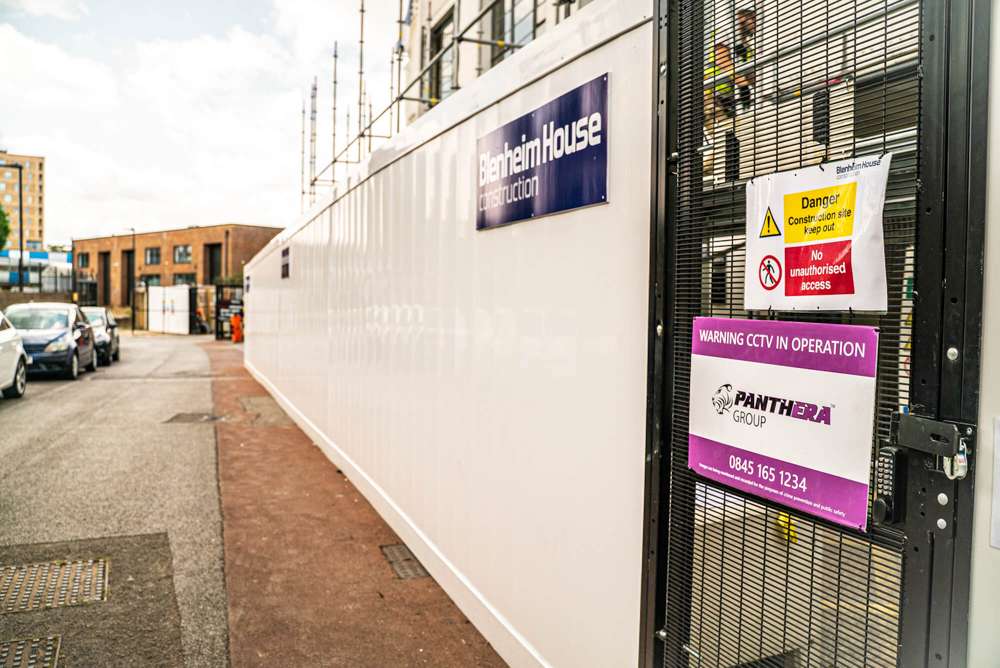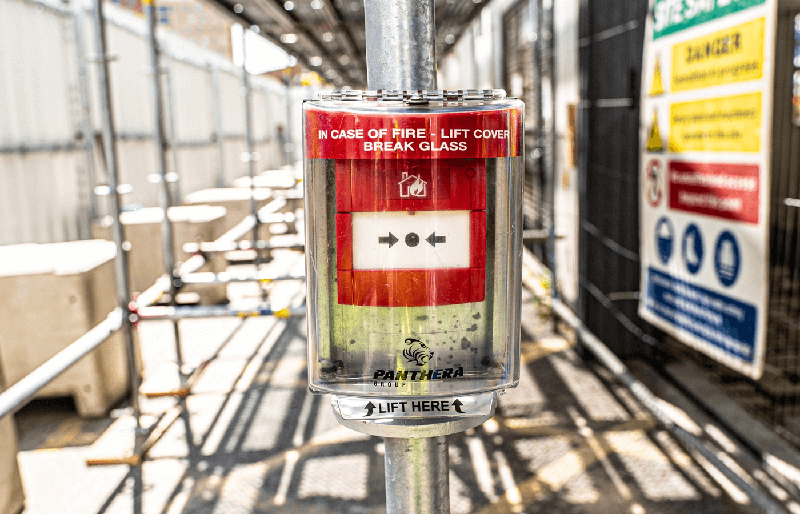Panthera Group has partnered with leading men’s health charity, Prostate Cancer UK, for 2022 with the specific objective of raising awareness of the disease in the construction sector; a sector that employs predominantly males.
Prostate cancer is the most common cancer in men. More than 47,500 men are diagnosed with the disease each year – that’s 129 men every day. Put more simply, one in eight men will get prostate cancer and – somewhat shockingly – it is one in four for black men. The good news is that if it’s caught early, there’s an excellent chance it can be successfully treated.
Panthera Group is well positioned to help deliver awareness programmes to construction workers on sites throughout the UK where they install site security and hoarding systems. Prostate cancer mainly affects men over 50 and the risk increases with age, particularly in men with a family history of prostate cancer. Early prostate cancer often has no symptoms, which is why it’s so important to be aware of the risk.
To understand the content of an awareness session, a volunteer from Prostate Cancer UK delivered a virtual session to a team of ten employees at the Panthera Group in late 2021. With personal experience of the devastation the disease can cause to families, the volunteer offered first-hand knowledge of the symptoms of the cancer and the support mechanisms in place for patients.
Neal James, Managing Director of Panthera Group, participated in the trial session with his team;
“We were very moved by the experience of the volunteer and our team continued the conversation for some time after the official session ceased. It’s fair to say that most of the team hadn’t realised the potential symptoms. If my team is typical of this sector, then it is clear that there is a huge job to do in the wider construction sector and we are pleased we can leverage our daily activities on site to make this happen.”
There is no single test to diagnose prostate cancer, but the first step is usually the PSA test. This measures the amount of prostate specific antigen (PSA) in the blood. A small amount is normal, but other things can raise PSA levels, including an enlarged prostate, prostate cancer, inflammation or infection. Men may want to speak to their GP about the pros and cons of a PSA test from the age of 50, or from the age of 45 if they are black or have a family history of prostate cancer.
Prostate Cancer UK is a charity that Neal and the team thought they could impact the most. They are keen to make a difference not only by facilitating ‘Toolbox Talk’ style awareness sessions for clients, but by raising funds as part of the company’s corporate social responsibility programme;
“One of the ways we are looking to raise funds is via donations from our scaffold alarm clients, who will receive a Prostate Cancer UK branded alarm board acknowledging their support. This will be complemented by other fundraising activities; all of which will help to fund further vital research into diagnosis, treatment and prevention of the disease.”
Nicola Tallett, Acting Chief Executive at Prostate Cancer UK, said: “We’re hugely grateful for the support of Panthera Group in raising awareness of prostate cancer and funds for Prostate Cancer UK. We are looking forward to working in partnership over the next year.”
“It is so important for men to be aware of their risk and with Panthera’s help we can deliver that message to more men. Not only that, but money raised will help fund lifesaving research into better tests and treatments.”
“On behalf of Prostate Cancer UK and all the men and families affected by this disease we thank everyone for getting on board.”
To find out more about the work Prostate Cancer UK does please visit www.prostatecanceruk.org






